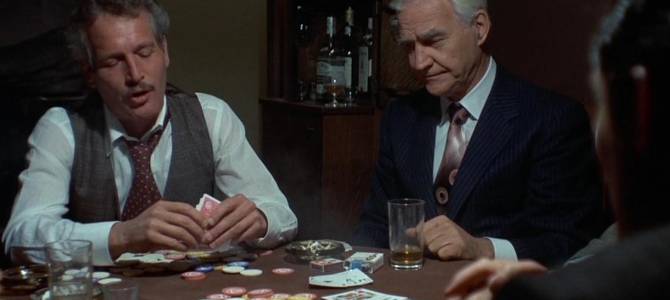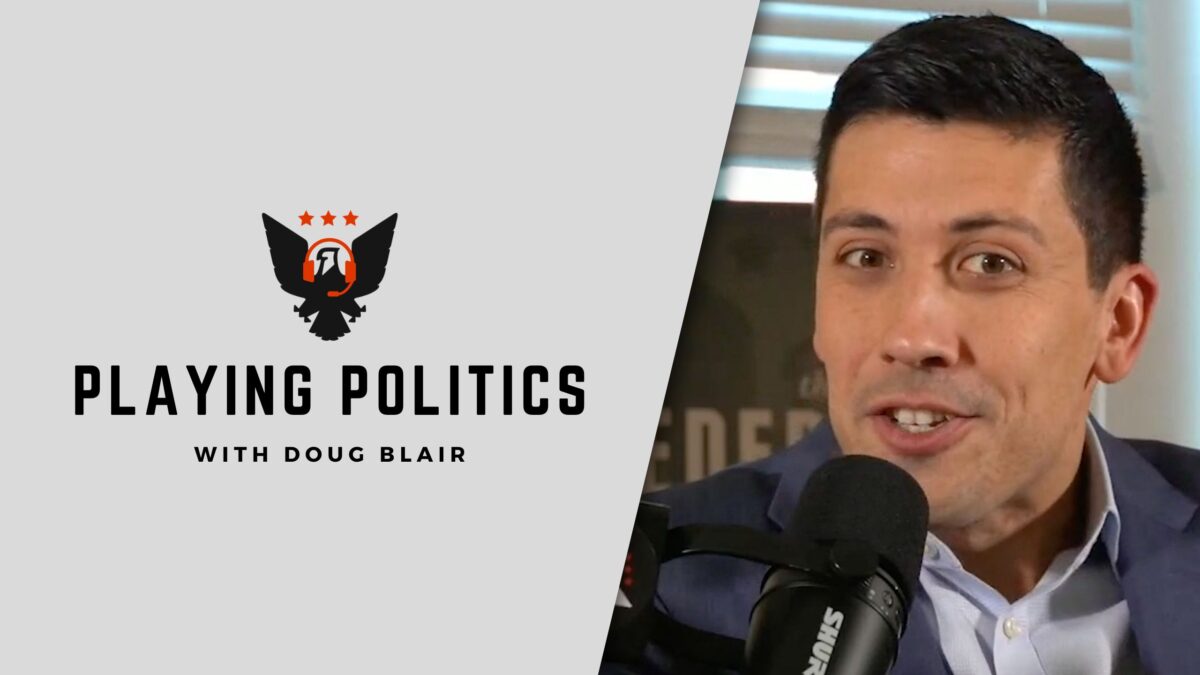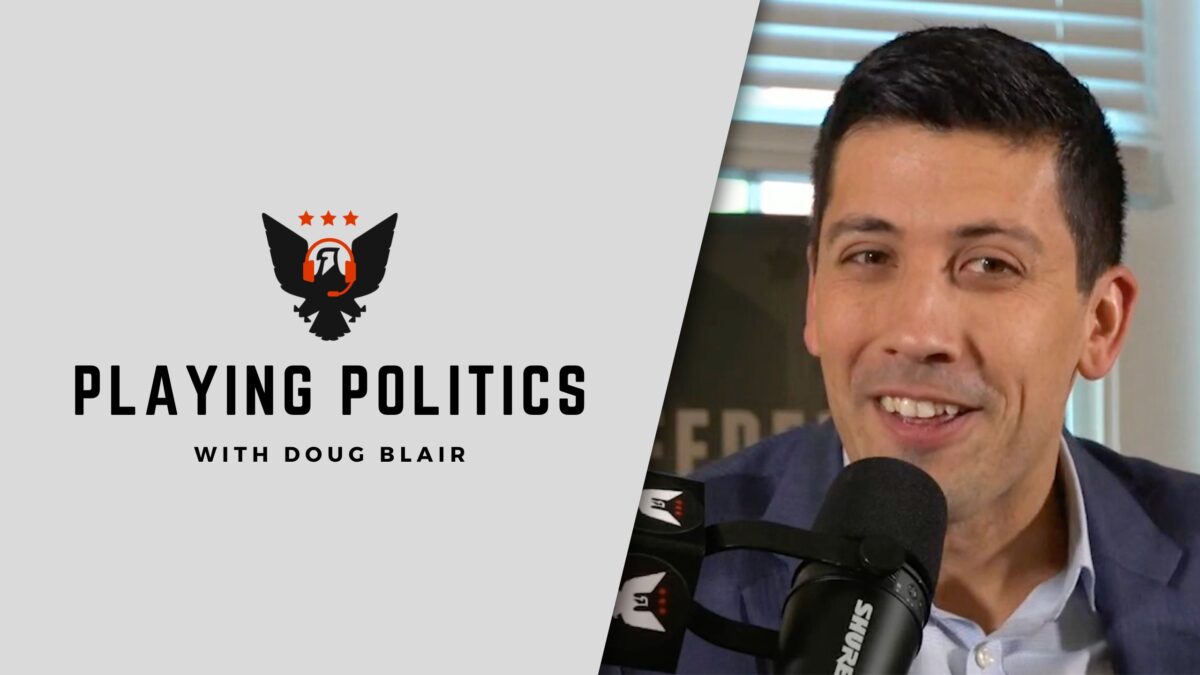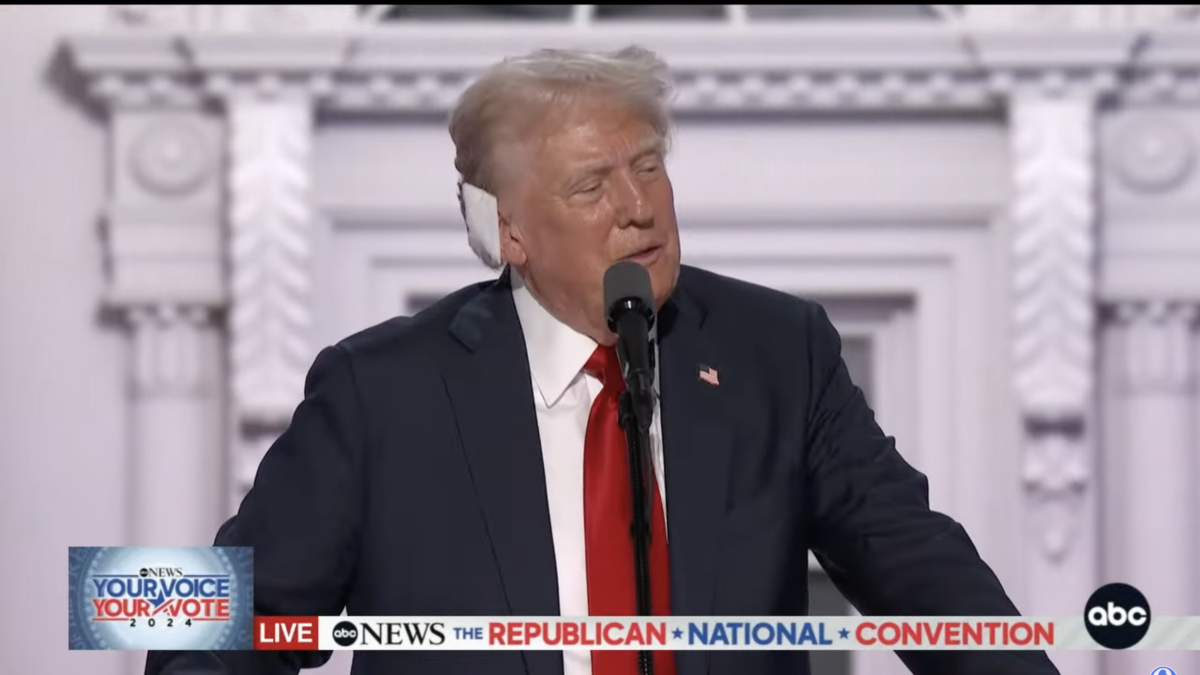
Organizations that oppose gambling will often claim that gambling has no benefits. This isn’t true. Beyond the enjoyment we experience, many forms of gambling can teach useful skills. Blackjack, for example, teaches us about odds, variance, and money management. Placing bets on horse racing can also teach people an enormous amount on odds and probabilities, as betting on different horses offers different payouts for winning. Even those with limited mathematical backgrounds quickly learn that betting $5 on a horse with 14-1 odds will pay them back $70 for a win. Similar skills can be learned with sports betting.
While these and some other forms of gambling can provide some skill development, none offers the opportunity to develop real world skills like poker. It seems fitting that the most glamorous of all gambling games can teach us so much. After all, Mark Twain spoke eloquently about poker and it’s been played regularly in the Oval Office by many presidents. It is estimated that 70-80 million Americans play poker. While some play for low stakes and some play for high stakes, Americans love this game that combines instinct, mathematical ability, psychology, and luck.
Scholars studying poker have used many different approaches, but consistently find that poker is a game that requires significant skill. University of Chicago researchers studied results from the biggest annual poker competition, the World Series of Poker. They found that highly skilled players had a return on investment (ROI) of over 30 percent, whereas other players had a negative ROI of 15 percent. In a study I published in Gaming Law Review and Economics, myself and colleague Michael Smith found that poker players who spent more time studying poker earned more money. Given that no amount of studying would help win a game of luck like the lottery, this provides evidence that poker is a game predominantly based on skill. Research from the University of Pennsylvania found that the amount of skill required wasn’t unlike the skill required in golf.
That poker is a game that rewards skill isn’t questioned among serious scholars. However, poker can also teach individuals some incredibly valuable skills.
Math
First, a person who plays a significant amount of poker can learn a significant amount of statistics, mathematics, and probabilities. Poker players quickly learn the importance of calculating what are called “pot odds” – the amount of money a player could win versus the amount he or she would have to risk – and relatively quickly. A basic knowledge of pot odds, combined with how often a player thinks he or she will win, can help in making optimal decisions. For example, if you’re in a hand where you estimate you’ll win the hand 1/3 of the time, the decision on whether to call an opponent’s bet will come down to the odds. If you have to call a $10 bet (i.e., risk $10 to stay in the hand), you’ll find it unprofitable to call if the total you can win is less than $20, but profitable if the amount you can win is more than $20. The decision to call can’t be made in isolation – you would need to estimate both the odds of winning and the amount you can win to make the correct decision.
The math in poker can get quite advanced. You can examine the probability that a player holds a particular hand given the variety of possible hands you’d expect him/her to hold. A serious poker player will learn the equivalent of at least one college-level statistics course through playing. There are far more benefits from poker than just learning statistics, however.
Strategy
Poker players also learn about strategic interactions. Poker rewards those who can outthink their opponent and can take different pieces of information and synthesize them to make correct decisions. This may seem intuitive, but some relatively deep concepts are learned by those who play poker, including advanced concepts in game theory like mixed strategies and exploitative strategies. In game theory, a mixed strategy occurs when a player won’t want to take the same action every time. A simple example of a mixed strategy can be seen in baseball. A pitcher won’t want to throw a fastball every time, as the hitter will plan for a fastball and have more success.
Similarly, the pitcher won’t want to throw a curveball every time, as the hitter will simply plan for a curveball each time and have more success. The optimal strategy for a pitcher is a mixed strategy, where some percentage of the time a fastball is thrown, and some percentage of the time a curveball is thrown. In poker, players intuitively learn how to randomize their actions when determining how often to bluff. Players who bluffs too often gives their opponents easy decisions (always call the player’s bet). Players who never bluff give their opponents easy decisions as well, as the opponents should look to fold to bets often. A poker player learns through experience that randomizing their play is important. An exploitative strategy is one where you realize an opponent is making an inferior choice, and you vary your play to exploit that poor choice. A poker player seizes upon these opportunities. Once again, the skills learned at the poker table are transferrable to the real world.
Emotional maturity
A third skill people can learn from poker is how to handle emotional swings. Anybody who’s played poker for any amount of time knows that you’ll have to deal with both winning and losing. Keeping your emotions in check, and handling both wins and loses calmly is important. Poker also gives you plenty of opportunities to deal with both good luck and bad luck. Handling swings in fortune is crucial to success at the table, and is an important life skill as well.
A book titled “The Poker Mindset”, which was written by Ian Taylor and Matthew Hilger, addresses the psychological aspects of poker and how a successful player handles them. These skills are so essential for success in other fields, that Taylor’s and Hilger’s book, while written for poker, is being used by economic analysts and in a college course on legal negotiations. These are fields where emotional control is essential, and these fields are turning to advice from poker players.
Money management
A fourth skill that can be learned from poker is money management. In poker, running out of money means losing the ability to play poker. Players know that just because they have money, they can’t spend it if they want to “stay in business” (play poker), and that it’s good to have reserve funds available. Players who wish to play regularly learn money management skills that that are useful not only to business owners but to everybody. After all, every financial advisor will tell people to have an emergency fund. It takes discipline to have an emergency fund and not be tempted to spend it.
The argument from those who oppose gambling is short-sighted. It ignores the enormous leisure benefits people can gain from certain games, like blackjack, betting on horse-racing, and especially poker. Companies, universities, stock-market traders, and others rely on wisdom from poker to help train their workers and students. The benefits go far beyond simple recreation.
That being said, this isn’t the best argument to keep the government from prohibiting gambling. Even if there were no benefits from gambling, one could argue that our government shouldn’t restrict it. After all, is it the government’s right to tell adults how to live their lives? For those of us who think it isn’t, the better case to keep the government away from gambling prohibitions is the argument that we deserve freedom.
The author is an associate professor of economics at Susquehanna University. He blogs at MatthewRousu.com.









